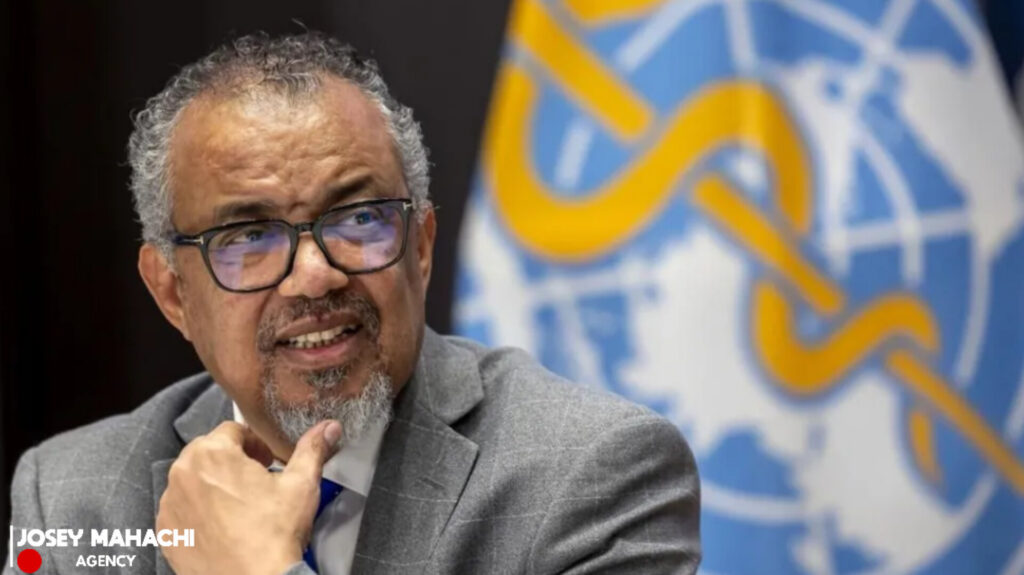By : Lloyd Mahachi
The head of the World Health Organization, Tedros Adhanom Ghebreyesus, was at Yemen’s international airport in Sanaa when Israeli air strikes hit the area. He was with other UN staff, preparing to board a plane, when the attacks began.
The strikes reportedly killed at least six people and injured many others. The Houthi-run Saba news agency said three people were killed at the airport and 30 injured.
The Iran-backed rebel group described the attacks as “barbaric”. They claimed that the strikes targeted not only the airport but also power stations and ports.
Israel’s military stated that it carried out “intelligence-based strikes on military targets” belonging to the Houthi terrorist regime. The IDF said its strikes were necessary to counter the Houthi regime.
Dr. Tedros was unhurt in the bombardment. He released a statement saying that he was in Yemen to negotiate the release of UN staff detainees and to assess the health and humanitarian situation in the country.
The WHO chief expressed concern about the damage to the airport. The air traffic control tower, the departure lounge, and the runway were all damaged. He added that they would need to wait for the damage to be repaired before they could leave.
The UN Secretary General, António Guterres, called the strikes “especially alarming”. He expressed deep concern about the risk of further escalation in the region.
Guterres regretted the recent escalation between Yemen and Israel. He urged caution and restraint to avoid further violence.
The Israel Defense Forces reported that it had intercepted a missile fired from Yemen before it could cross into Israeli territory. The Houthi rebels promised to continue their confrontations with American and Israeli forces.
The situation in Yemen remains volatile. The Houthi rebels have been attacking Israel since the start of the Gaza war in October 2023. Israel has been carrying out intermittent strikes against the Houthis in retaliation.
The conflict has resulted in significant humanitarian suffering. Many civilians are caught in the crossfire, and the situation is desperate. The international community is calling for restraint and a peaceful resolution to the conflict.
The Houthi rebels are backed by Iran. They have ruled large parts of western Yemen, including the capital Sanaa, since ousting the internationally recognized government in 2015.
The conflict in Yemen is complex and multifaceted. It involves regional and international players, and the situation is constantly evolving. The humanitarian situation is critical, and the international community must act to prevent further suffering.
Editor : Josephine Mahachi

